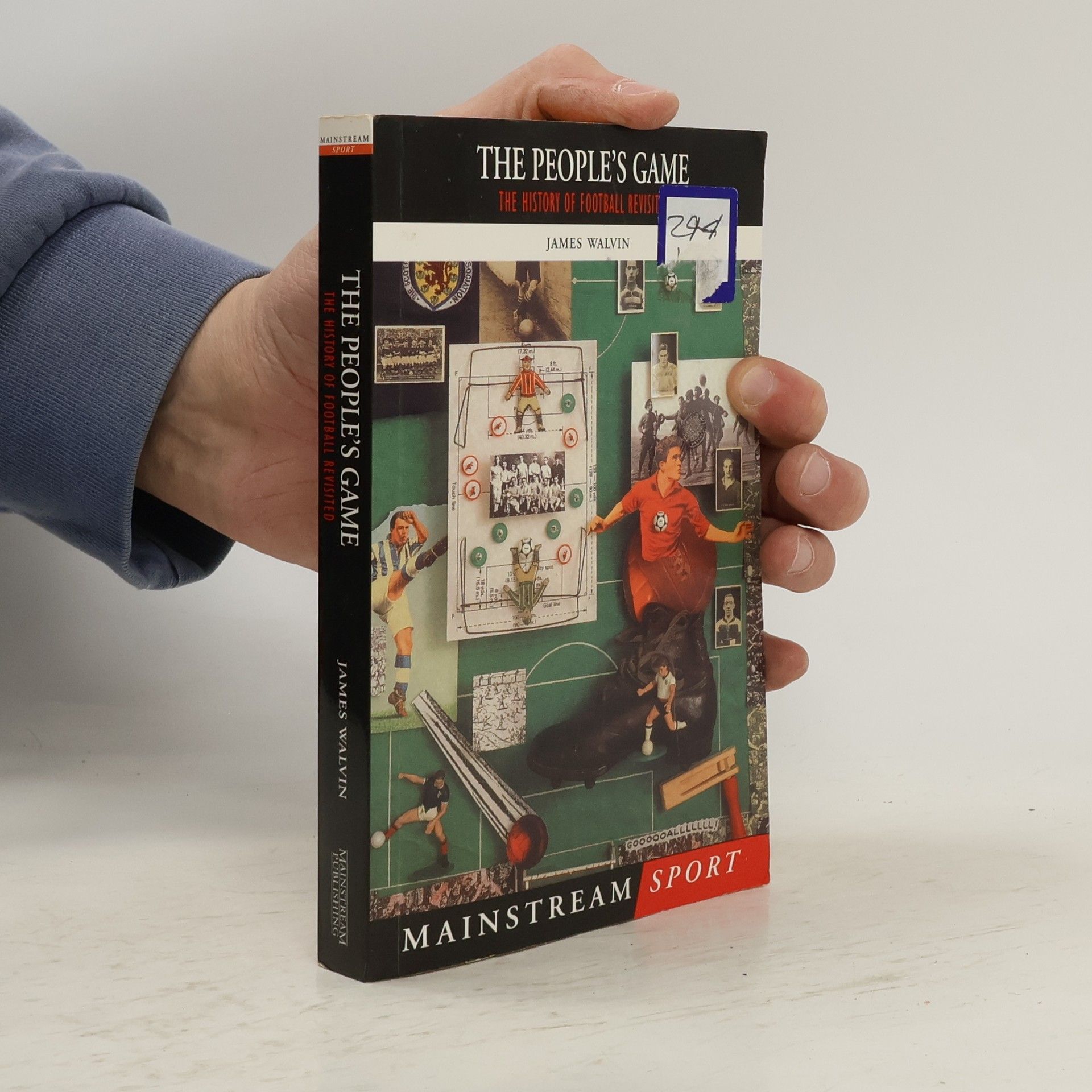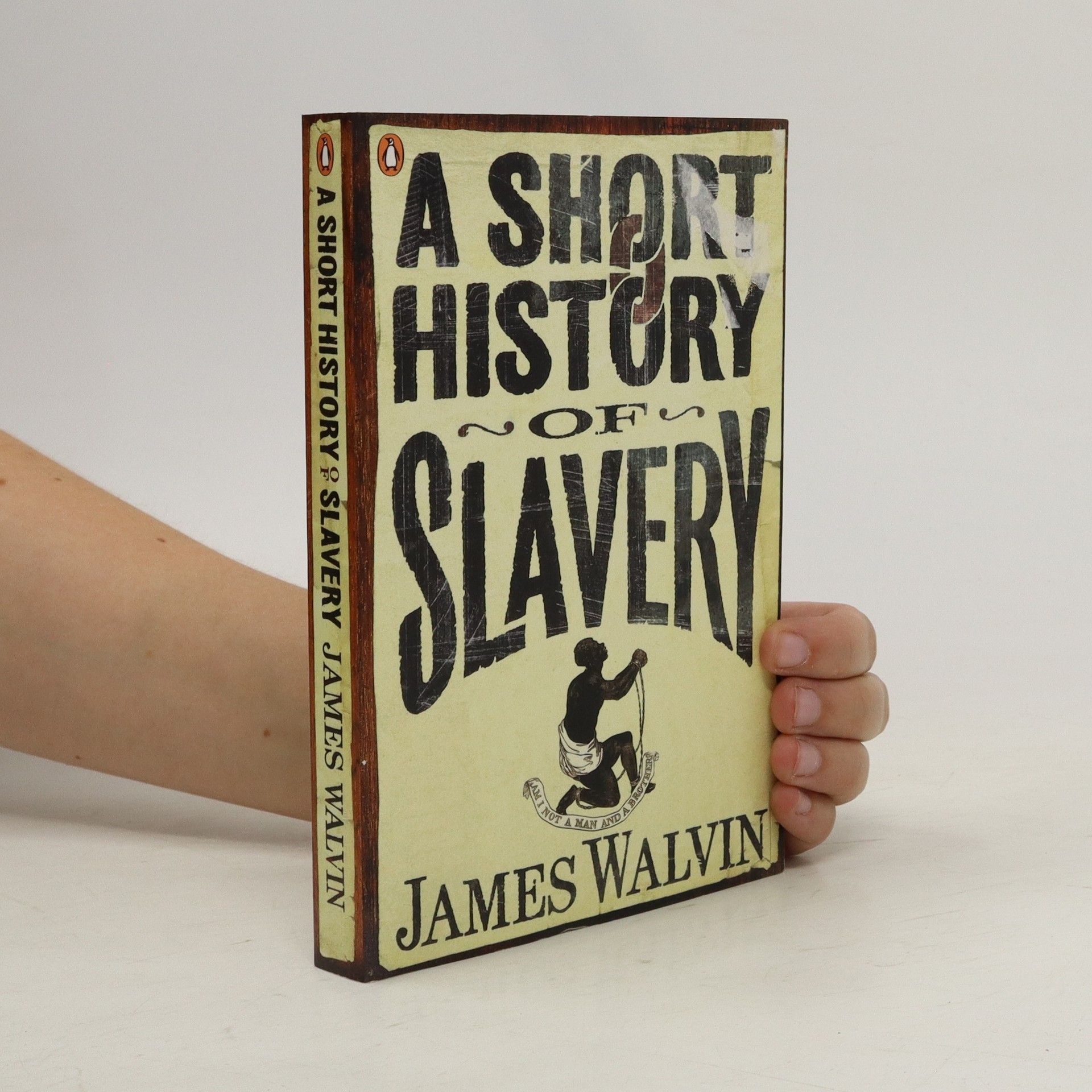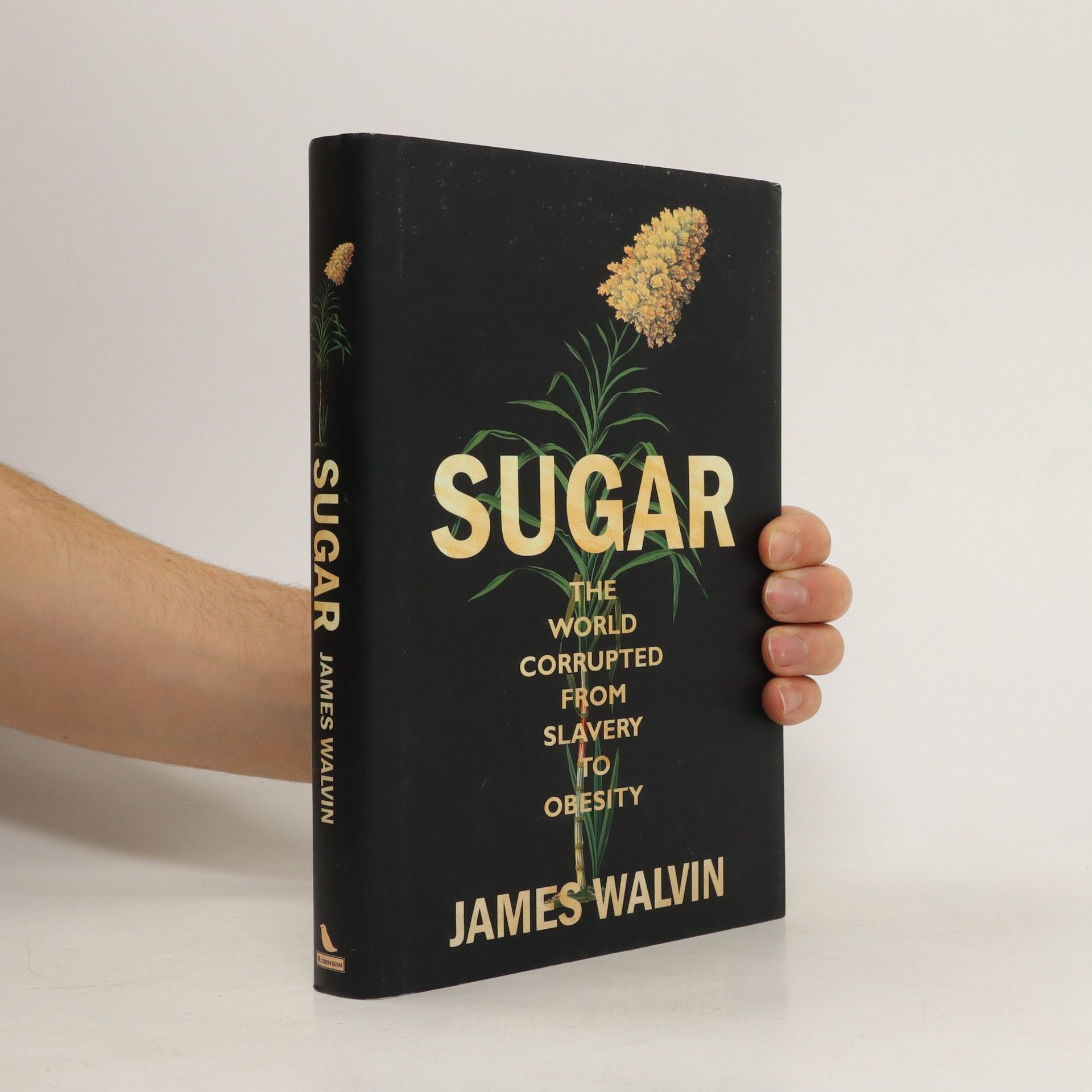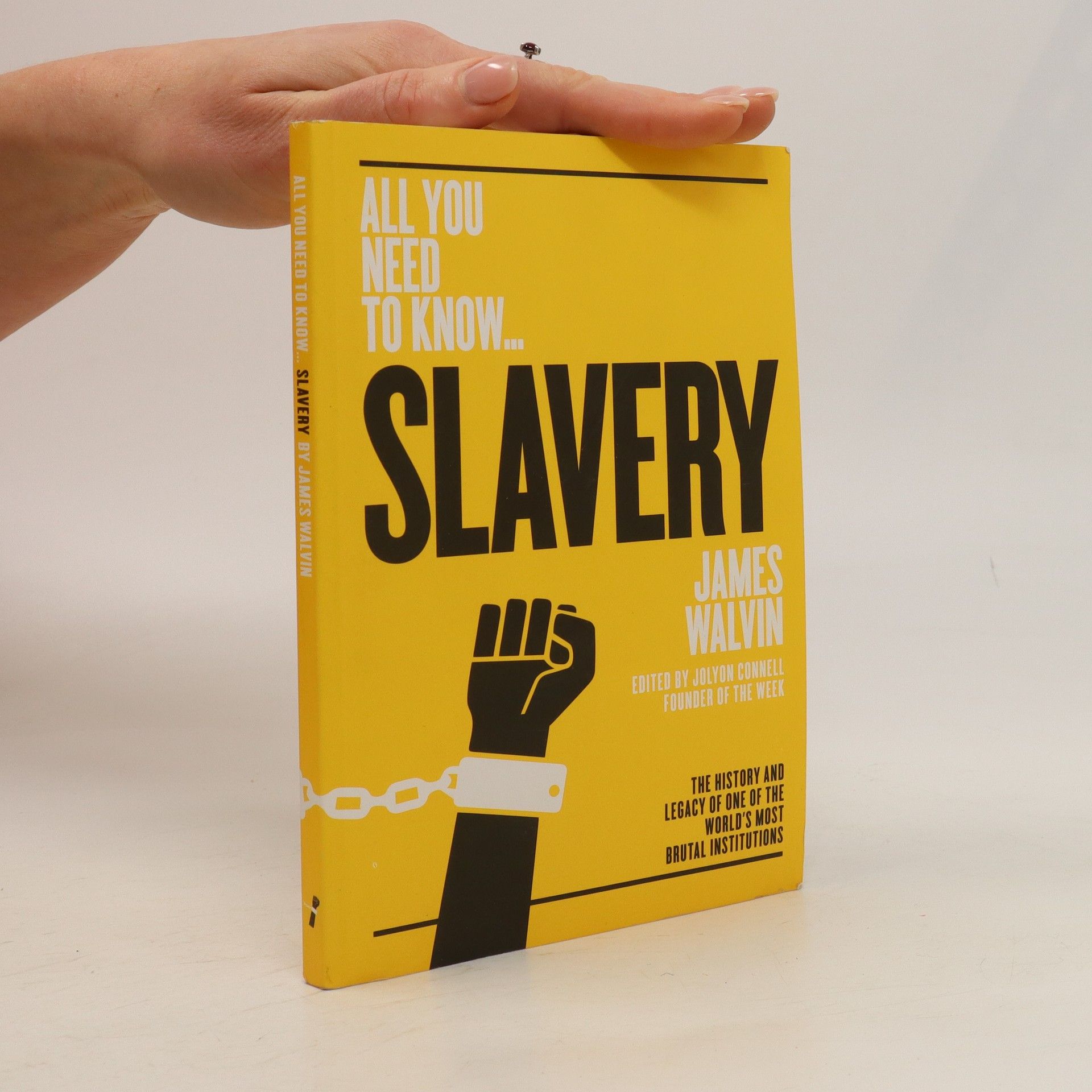A fascinating journey through the history of "Amazing Grace," one of the transatlantic world's most popular hymns and a powerful anthem for humanity. Sung in moments of personal isolation or on state occasions watched by millions, "Amazing Grace" has become an unparalleled anthem for humankind. How did a simple Christian hymn, written in a remote English vicarage in 1772, come to hold such sway over millions in all corners of the modern world? With this short, engaging cultural history, James Walvin offers an explanation. The greatest paradox is that the author of "Amazing Grace," John Newton, was a former Liverpool slave captain. Walvin follows the song across the Atlantic to track how it became part of the cause for abolition and galvanized decades of movements and trends in American history and popular culture. By the end of the twentieth century, "Amazing Grace" was performed in Soweto and Vanuatu, by political dissidents in China, and by Kikuyu women in Kenya. No other song has acquired such global resonance as "Amazing Grace," and its fascinating history is well worth knowing.
James Walvin Book order (chronological)
James Walvin's scholarship delves deeply into the extensive histories of slavery and the slave trade, offering profound insights into their impact on humanity. His work is recognized for its rigorous historical analysis and its empathetic portrayal of the human experience within these systems. Beyond these foundational studies, he has also pioneered the examination of football's history, with his influential works remaining relevant decades after their initial publication. Walvin's distinctive approach lies in his ability to blend meticulous research with a compelling narrative style.







This comprehensive study examines how slavery and enslaved people have shaped the modern world. It argues that a full understanding of slavery requires moving beyond traditional national histories, collecting recent scholarship into a cohesive narrative. The author presents a global story that encompasses the capitalist economy, labor, environment, and social culture, including ideas of family, beauty, and taste. The book emphasizes the profound role of slavery in the formation of the modern world, highlighting the enforced transportation and labor of millions of Africans as a significant social and economic force. This catalyzed the rapid development of extensive trading systems with far-reaching global consequences. The labor and products of enslaved individuals transformed consumption patterns across continents, influencing societies in India, Asia, Europe, Africa, and the Americas. Slavery's impact shaped many dominant features of Western culture, including luxury items that may seem disconnected from its brutal reality. The narrative traces the enduring global effects of slavery over centuries, extending beyond legal or historical milestones, and asserts that the world created by slave labor continues to resonate today.
Zucker
Eine Geschichte über Macht und Versuchung. Versklavung, Fettleibigkeit und globale Veränderung durch Zucker
»Eine unterhaltsame, informative und zugleich erschreckende Globalgeschichte eines wichtigen Stoffes.« Sven Beckert, Autor von King Cotton Er versüßt unser Leben, macht kurzfristig glücklich, doch sein Nachgeschmack ist bitter: Zucker ist weit problematischer, als die Werbetafeln der Softdrink-Hersteller vermuten lassen – und das nicht nur wegen der gesundheitlichen Probleme, die sein übermäßiger Konsum hervorruft. Was früher Königen und Fürsten vorbehalten war, ist heute aus unserer Ernährung kaum noch wegzudenken. Um zu verstehen, wie der Stoff unseren Alltag so vollkommen erobern konnte, blickt James Walvin in die Vergangenheit – und präsentiert eine Geschichte von Macht und Versuchung, von Sklaverei und Umweltproblemen, aber auch von Zivilisationskrankheiten wie Adipositas und Karies.
Slavery
- 128 pages
- 5 hours of reading
Western slavery goes back 10,000 years to Mesopotamia, today’s Iraq, where a male slave was worth an orchard of date palms. Female slaves were called on for sexual services, gaining freedom only when their masters died. This book traces slavery from classical times to the present. It shows how the enforced movement of more than 12 million Africans on to the Atlantic slave ships, and the scattering of more 11 million survivors across the colonies of the Americas between the late 16th and early 19th centuries, transformed the face of the Americas. Though they were not its pioneers, it was the British who came to dominate Atlantic slavery, helping to consolidate the country’s status as a world power before it became the first major country to abolish slavery. James Walvin explores the moral and economic issues slavery raises, examines how it worked and describes the lives of individual slaves, their resilience in the face of a brutal institution, and the depths to which white owners and their overseers could on occasion sink in their treatment of them.
Sugar. The World Corrupted, from Slavery to Obesity
- 288 pages
- 11 hours of reading
The story of sugar, and of mankind's desire for sweetness in food and drink is a compelling, though confusing story. It is also an historical story. The story of mankind's love of sweetness - the need to consume honey, cane sugar, beet sugar and chemical sweeteners - has important historical origins. To take a simple example, two centuries ago, cane sugar was vital to the burgeoning European domestic and colonial economies. For all its recent origins, today's obesity epidemic - if that is what it is - did not emerge overnight, but instead evolved from a complexity of historical forces which stretch back centuries. We can only fully understand this modern problem, by coming to terms with its genesis and history: and we need to consider the historical relationship between society and sweetness over a long historical span. This book seeks to do just that: to tell the story of how the consumption of sugar - the addition of sugar to food and drink - became a fundamental and increasingly troublesome feature of modern life
James Walvin offers a new and an original interpretation of the barbaric world of slavery and of the historic end to the slave trade in April 1807. Thomas Thistlewood's (1721-86) unique diary provides some of the most revealing images of a slave owner's life in the most valuable of all British slave colonies.
A Short History of Slavery
- 272 pages
- 10 hours of reading
Presents an account of the Atlantic slave trade which helps us to understand the rise and fall of one of the most shameful chapters in British history.
The People's Game
The History of Football Revisited
At the beginning of the 20th century, soccer was widely accepted as the most popular sport in the western world. Starting in Britain in the 19th century but with roots going back to the late Middle Ages, it quickly spread from there to the rest of the world. Yet here was a game with strong traditional folk-roots; a game originally intended for urban working men. This text tells the story of the remarkable rise of a remarkable game—and the way it became the game of the masses across the globe.
